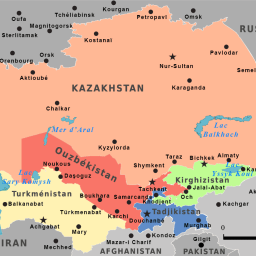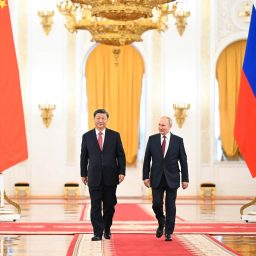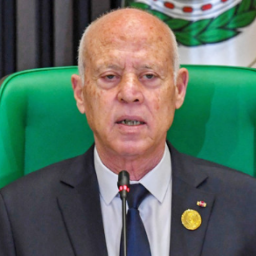El Salvador’s Nayib Bukele Claims Decisive Victory in Presidential Elections

Photo: Reutters
SAN SALVADOR, El Salvador – Nayib Bukele, the charismatic and controversial leader of El Salvador, proclaimed a resounding victory in the nation’s presidential elections, asserting an unparalleled mandate with an overwhelming 85% share of the votes cast in the first round, according to his announcement on Sunday. The 42-year-old president, who has been in power since 2019, not only claimed his own re-election but also declared a sweeping victory for his political party, Nuevas Ideas, which he said is on track to secure at least 58 of the 60 seats in the Salvadoran Assembly. Bukele’s announcement comes as a testament to his enduring popularity in a country that has long grappled with poverty, corruption, and gang violence. His administration’s iron-fisted approach to crime, particularly the targeting of maras or gangs, such as MS-13 and Barrio 18, has earned him both acclaim and criticism. Supporters hail his efforts as a necessary measure to restore safety and public order, while human rights groups have raised alarms over alleged abuses and the erosion of civil liberties. The president’s tenure has been marked by a series of bold moves, including the adoption of Bitcoin as legal tender—a world first—and the implementation of the controversial “Territorial Control Plan” aimed at reclaiming gang-dominated areas. The latter has involved large-scale deployment of the military and has been credited with contributing to a significant drop in the country’s homicide rate, which was once among the highest in the world. Bukele’s claim of electoral triumph reflects not just a personal win, but the consolidation of power for his Nuevas Ideas party, which he asserts has achieved an unprecedented level of representation in the Salvadoran Assembly. The president described this as “a record in the entire democratic history of the entire world,” underscoring the scale of his political movement’s achievement. The election results, if confirmed, would provide Bukele and his party with a supermajority, allowing for potential constitutional changes and further solidifying his grip on Salvadoran politics.

















